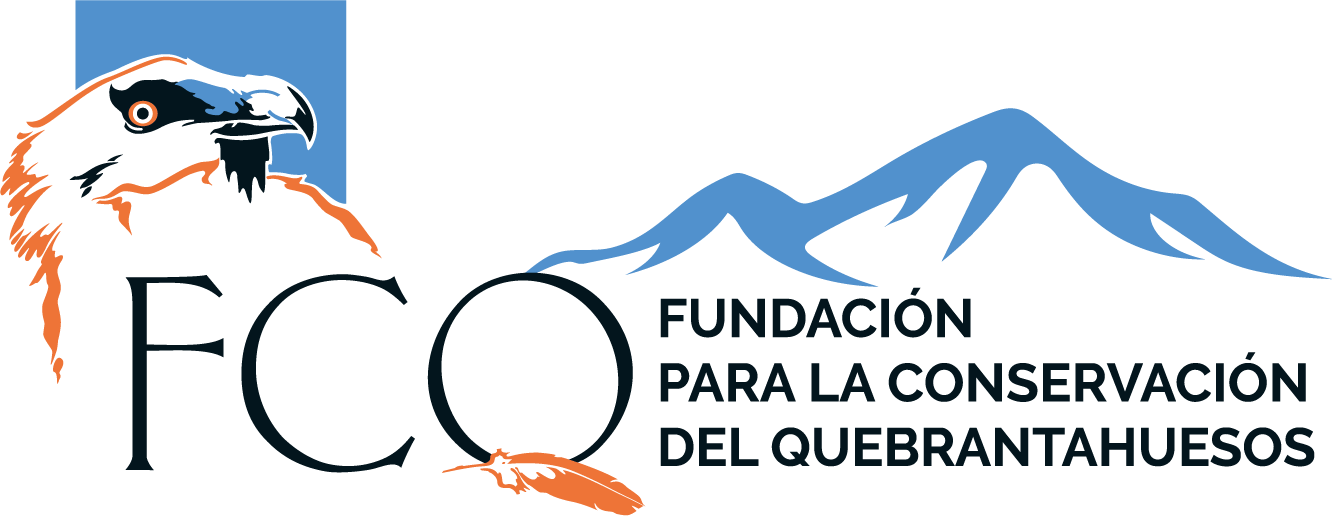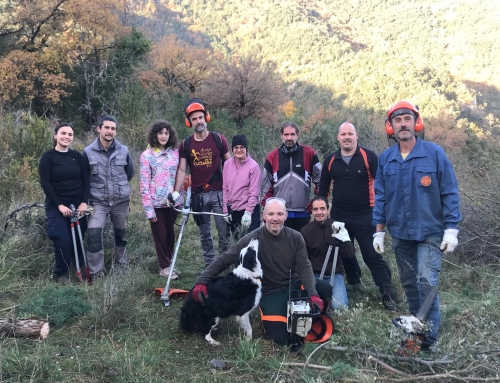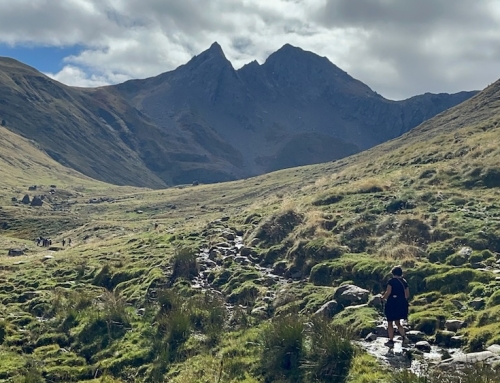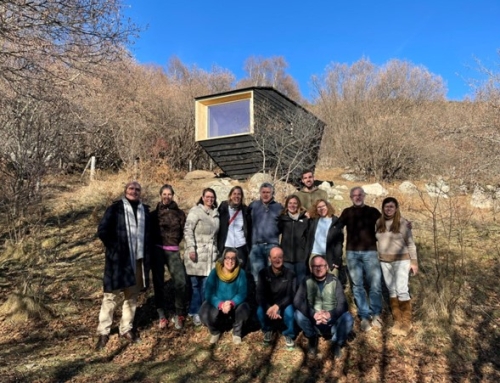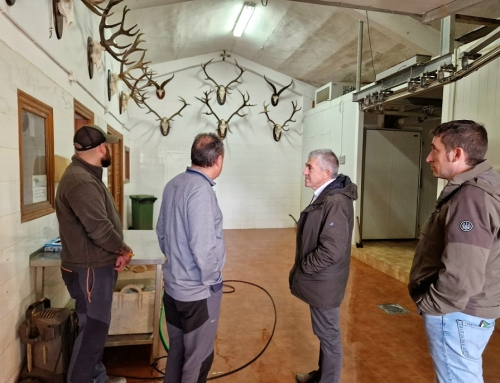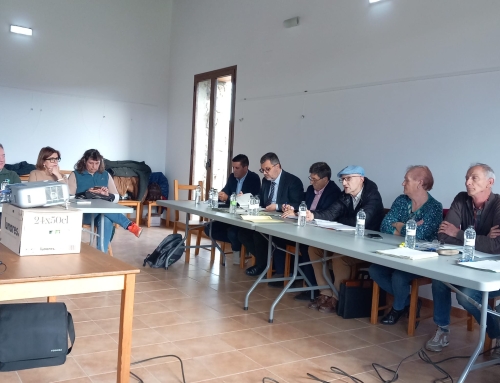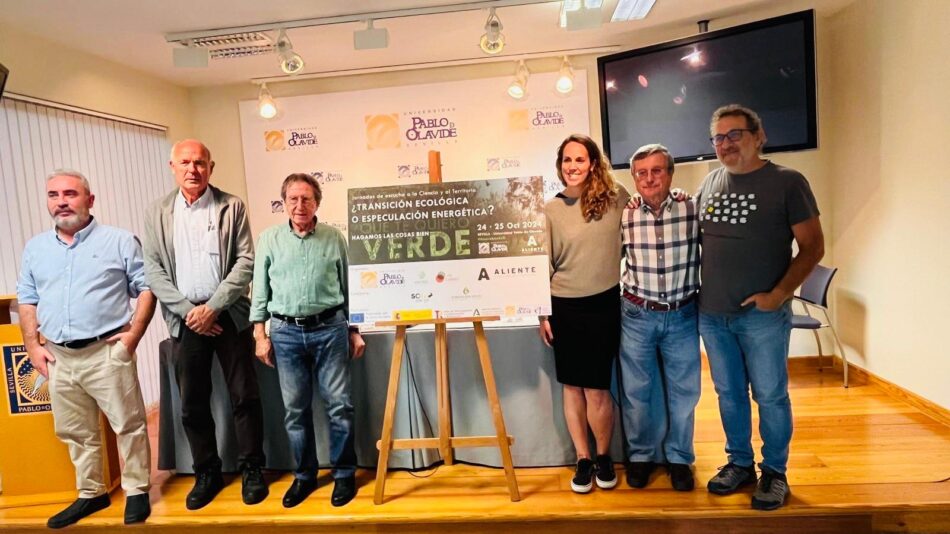
Scientists and territories will analyze the errors of the ecological transition that lead to speculation with damage to the rural environment.
In Seville on October 24 and 25 will be held the “Conference of Listening to Science and Territory” organized by the University Pablo de Olavide (UPO) and the Alliance Energy and Territory (ALIENTE) which brings together 217 groups nationwide. The conference, entitled “Ecological Transition or Energy Speculation?”, aims to carry out an in-depth analysis of the current process of energy transition and the deployment of renewable energies in our country, with the participation of scientists, technicians, organizations and platforms that know and analyze the real situation of this implementation. However, these conferences do not aspire to be a mere description of the current deployment of renewables in our country, nor to establish a debate; the conferences want to convey the situation of the territories that suffer the effects of the invasion of their peoples and landscapes transforming their lives, and the voice of scientists who study and analyze the real effects that this enormous deployment is causing in our biodiversity. They intend that from these conferences, in addition to analyzing various technical and social aspects of the energy transition, “solutions and alternatives are proposed to channel an energy transition that must go hand in hand with the protection of nature, the primary sector, the landscape and our peoples.”
LET’S DO THINGS RIGHT
Another of the slogans of this conference is “Let’s do things right”, because they consider that the administrations “are refusing to make a real analysis of the current and future energy transition, betting with the new PNIEC to continue promoting an excessive abusive wind and photovoltaic plants, perpetuating speculative bubbles that promise a future impossible to achieve, feeding with public money unsustainable and unprofitable green hydrogen projects as if they were a panacea, which result in the destruction of our territories”. Therefore, from the Conference of Listening to Science and Territory they want to convey the need to change the prevailing model of renewable energy deployment,“it is necessary to give more weight to science and less to speculation”.
They will emphasize how the administrations “continue to refuse to democratize the energy transition by prioritizing SELF-CONSUMPTION and ENERGY COMMUNITIES, and not promoting large power plants in anthropized areas, just the opposite of other European countries”.
It will also be explained that there are already too many renewable projects occupying the Natura 2000 Network, protected areas and areas of high biodiversity, as well as agricultural land, scrubland and forests. The Atlas de las Energías Renovables 2023 (Observatorio de Sostenibilidad) estimates that by the end of 2022 there were already more than 35,000 hectares in Spain dedicated to photovoltaic (excluding roofs and artificial surfaces) or more than 50,000, if fenced surfaces are included in the installations. At the same time, and according to the Spanish Wind Energy Association, the country already has 1,345 wind farms (more than 22,000 wind turbines), spread over 857 municipalities.
RENEWABLES AS WELL, YES
The conference will focus on the changes that must be made in this transition, such as the promotion of self-consumption and energy communities as tools for the sustainable development of our towns and cities. They will also stress the promotion of the protection of nature by truly applying environmental regulations, reinforcing procedures based on scientific criteria and not allowing protection to be lowered on the basis of productivity criteria and for the benefit of a few. They will also demand that the administrations “do their homework once and for all: plan and carry out an authentic territorial planning, avoiding inequality and injustice between autonomous communities and territories”. In short, they want the Energy Transition to be based on the protection of nature and the rural world in order to effectively combat climate change.
